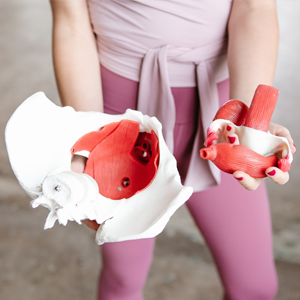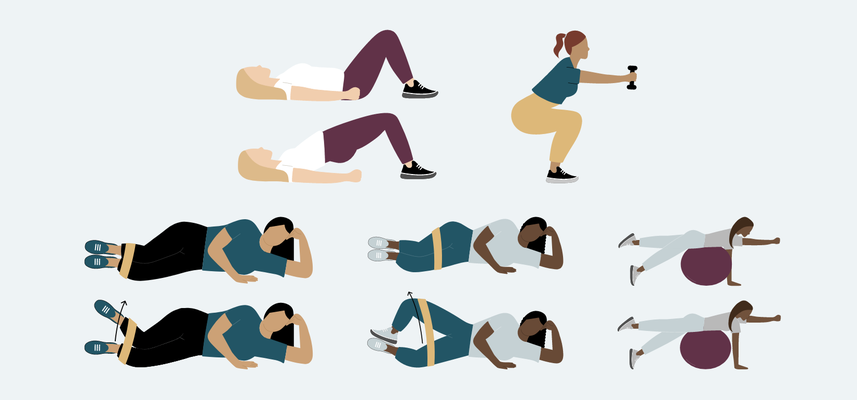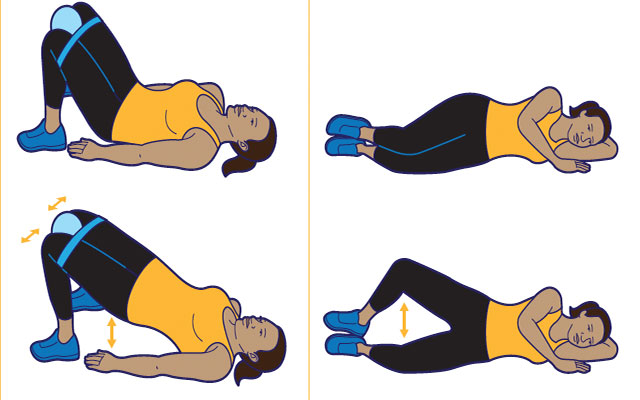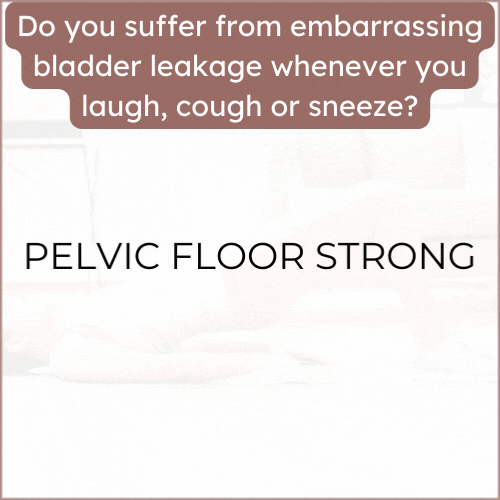3 Tips To Stop Leaks Urinary Incontinence
- Lifestyle changes and fluid management: Making simple lifestyle changes can significantly improve bladder control. Pay attention to your fluid intake by drinking enough fluids throughout the day but avoiding excessive fluid intake, especially before bedtime. Limit or avoid drinks with caffeine, alcohol, and artificial sweeteners, as they can irritate the bladder and increase urination frequency. Additionally, maintaining a healthy weight, managing constipation, and practicing regular pelvic floor exercises can help improve bladder control.
- Pelvic floor exercises: Pelvic floor exercises, such as Kegels, are highly effective in strengthening the pelvic floor muscles, which play a crucial role in bladder control. These exercises involve contracting and relaxing the muscles that support the bladder and can help improve muscle tone and responsiveness. Regularly performing pelvic floor exercises can enhance bladder control and reduce leaks. It is essential to learn the proper technique for these exercises, and consulting a healthcare provider or a pelvic floor specialist can provide guidance.
- Seek professional advice: If lifestyle changes and pelvic floor exercises do not provide sufficient improvement, it is recommended to consult a healthcare provider or a urologist. They can evaluate your specific condition, identify any underlying causes of urinary incontinence, and recommend appropriate treatment options. Treatment options may include medications, bladder training techniques, nerve stimulation, or in some cases, surgical interventions. Seeking professional advice ensures that you receive personalized care and appropriate management for your specific situation.


































